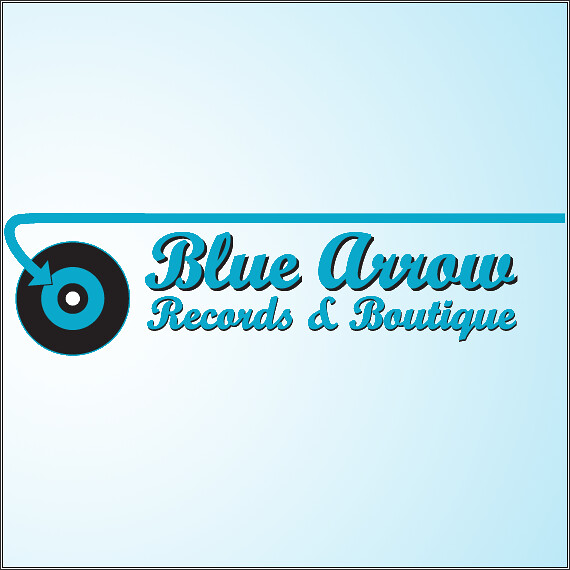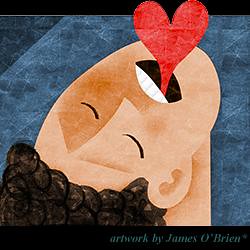 From The Sun (UK): Jerry Harrison belongs to a rare breed - he's starred in TWO groundbreakingbands.First was punk godfathers The Modern Lovers. Led by Jonathan Richman, their first album contained the primal, two-chord thrill of Roadrunner.
From The Sun (UK): Jerry Harrison belongs to a rare breed - he's starred in TWO groundbreakingbands.First was punk godfathers The Modern Lovers. Led by Jonathan Richman, their first album contained the primal, two-chord thrill of Roadrunner.Then Jerry joined New York's sonic pioneers Talking Heads as they prepared to record their opening blast, new wave touchstone 77, featuring songs such as the raw, spiky, ominous Psycho Killer. His bandmates were singer-guitarist David Byrne, bassist Tina Weymouth and drummer Chris Frantz.
Now Jerry has helped mastermind a stunning reissue series of Talking Heads' eight studio albums, each including bonus tracks and DVDs with surround-sound remixes and video footage.
Here, keyboard player Jerry talks exclusively to SFTW.
What made you join Talking Heads?They were playing unique music which seemed sympathetic to the style I had developed in
The Modern Lovers.Describe what it was like to make a Talking Heads record?We tried to make each recording experience different. Fear Of Music was recorded in our rehearsals loft and we had to record on Sundays as there was too much traffic noise on other days. For Remain In Light, we wrote the music in the studio. We noticed there was something special or charming about recordings that captured the essence of playing a part for the first time.
How did you approach your role in the band?When I joined, all of the songs were written for the first album. I felt I had to be careful not to destroy the elegance that the band had as a trio. I found that if my parts reinforced David's or Tina's, I could make songs feel more powerful and complete without changing the intrinsic feel. As we moved to subsequent albums I kept that sensibility - but obviously, as some songs were dominated by keyboards, my role evolved.
How do you remember 1977?It was a golden period. Everyone felt that the most important music was in New York.
How did Brian Eno change the band's dynamic when he came in to produce More Songs?He was a kindred spirit. When we visited his house, we saw the same books in his library. He taught us to see the studio as an instrument to be played with, not as just a place in which to document your performance.
The dense sound collage that is Remain In Light is seen by many as Talking Heads' finest hour. Do you agree?Yes. It's as fresh today as it was 25 years ago.
Do you have another favourite? Fear Of Music is my second favourite album. But now, the process of remixing all the band's studio albums has been one of rediscovery.
Artists Only, from
More Songs, is brilliant in surround -
Naked, certainly our least appreciated album, comes alive in surround.
Why the change toward more pop-orientated material, such as Road To Nowhere on Little Creatures?The writing of
Little Creatures was connected to
True Stories (David Byrne's film which also spawned a Talking Heads soundtrack). To me it seems like Americana rather than world music.
Was it the right time to stop after Naked?All of us have continued to be active and creative musicians. We could have continued making relevant, exciting music.
Working on the surround-sound remixes, each album must have offered a different challenge?Yes. We thought
77, which was sparer than the others - some songs were only eight tracks - would be difficult. But it wasn't.
Which was most difficult? And which produced the most satisfying results? Remain In Light was satisfying because it was so dense - but each album has feel and sound that is enhanced in surround.
Can you envisage a Talking Heads reunion?Yes - but I'm not holding my breath for that to happen.
How much involvement did the other band members have in the remaster programme?I was the most excited by the idea of surround mixes. Engineer ET Thorngren and I mixed them then sent them to Tina, Chris and David for review. We did a few recalls in reaction to their comments.
If one song epitomises Talking Heads, which is it? And why?In some ways,
No Compassion, from
77. Talking Heads were the least sentimental band.
Is there a Talking Heads influence on today's young bands?Arcade Fire, Clap Your Hands Say Yeah, Field Music, Franz Ferdinand and Modest Mouse among others.
You were in two groundbreaking bands - the other one being The Modern Lovers. What was it like playing on Roadrunner?To me,
The Modern Lovers were the progenitors of the punk ideal that if you had something to say, you would find a way, whatever your musical ability; that your message and passion could triumph over lack of technique.
Roadrunner has a resonance that will continue.



